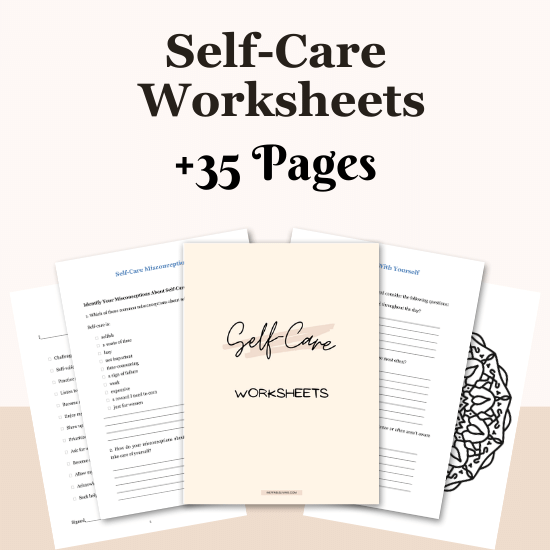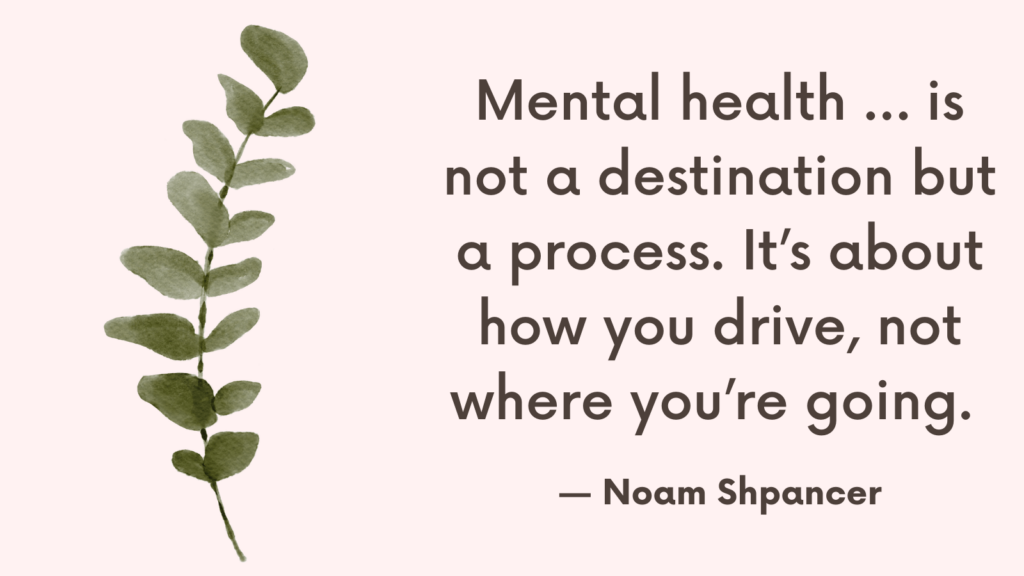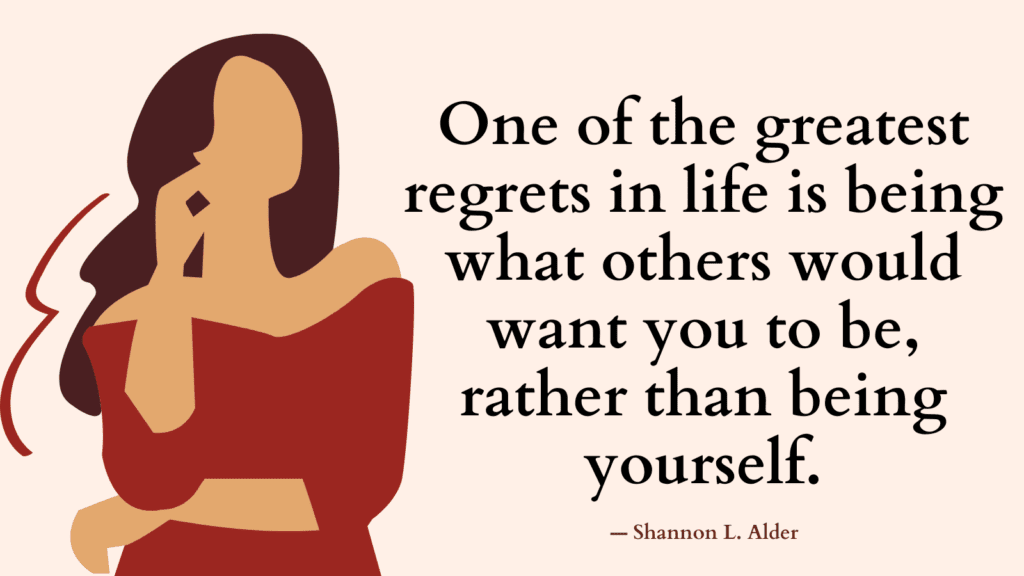Mental health is a crucial aspect of overall well-being, and maintaining it requires consistent effort.
Just as we brush our teeth and eat healthy to take care of our physical health, incorporating daily mental health habits can help us manage stress, stay resilient, and live a more fulfilling life.
This guide outlines essential mental health habits that can easily be integrated into your daily routine to promote emotional balance and mental clarity.
Why Daily Habits Matter More Than You Think
They Create Emotional Stability
Tiny rituals — like morning movement or journaling — teach your nervous system that you are safe, seen, and supported.
They Prevent Build-Up
Unchecked stress, unspoken feelings, and ignored needs pile up. Daily habits clear space before the overwhelm takes over.
They Strengthen Self-Trust
When you consistently show up for yourself, even in small ways, your self-confidence and emotional resilience grow.
Signs You Need Better Mental Health Habits
- You feel emotionally reactive or drained by minor things
- You constantly feel behind, even when you’re busy
- You rely on distractions instead of rest
- You avoid being alone with your thoughts
- You have trouble naming what you feel or need
- You feel guilty for resting, saying no, or slowing down
These are not flaws — they’re signals. And healthy habits can help rebalance you.
Essential Mental Health Habits for Daily Life
1. Practice Mindfulness
Start each day with a few minutes of mindfulness meditation or deep breathing exercises. This helps to center your thoughts, reduce anxiety, and prepare your mind for the day ahead.
Throughout the day, remind yourself to stay present in the moment, whether you’re working, eating, or spending time with loved ones.
2. Maintain a Balanced Diet
Eat a well-balanced diet rich in fruits, vegetables, whole grains, and lean proteins. These foods provide the necessary nutrients that support brain function and mood regulation.
Drink plenty of water throughout the day, as dehydration can affect your mood and cognitive function.
3. Exercise Regularly
Engage in at least 30 minutes of physical activity each day. Exercise boosts endorphins, which are natural mood lifters, and helps reduce stress and anxiety.
Mix up your routine with different types of exercise, such as walking, yoga, or strength training, to keep it enjoyable and beneficial for both body and mind.
Related: Best 8 Mindfulness Exercises For Adults That Will Help You Regulate Your Emotions
4. Get Enough Sleep
Prioritize 7-9 hours of quality sleep each night. Establish a calming bedtime routine, such as reading, meditating, or taking a warm bath, to signal to your body that it’s time to wind down.
Try to go to bed and wake up at the same time each day to regulate your body’s internal clock.
5. Set Boundaries
Establish clear boundaries between work and personal time. Avoid overcommitting and learn to say no when necessary to protect your mental energy.
Take regular breaks from screens, especially social media, to reduce mental clutter and prevent burnout.
6. Practice Gratitude
Each day, write down three things you are grateful for. This practice can shift your focus from what’s wrong to what’s right, fostering a more positive outlook on life.
Take time to express gratitude to others, whether it’s a quick thank you or a thoughtful note. This strengthens relationships and promotes emotional well-being.
Related: Top 10 Exercises to Cultivate an Attitude of Gratitude
7. Connect with Others
Make time to connect with friends, family, or colleagues every day, even if it’s just a brief conversation. Social connections are vital for emotional support and mental health.
When interacting with others, practice active listening. This not only improves your relationships but also helps you feel more grounded and connected.
8. Engage in Activities You Enjoy
Dedicate time each day to engage in activities that bring you joy, whether it’s reading, painting, cooking, or gardening. Pursuing your passions can greatly enhance your mood and mental well-being.
If possible, engage in creative activities like writing, drawing, or playing music. Creative expression can be a powerful outlet for processing emotions and reducing stress.
9. Practice Self-Compassion
Treat yourself with the same kindness and understanding that you would offer a friend. When you make a mistake or face a challenge, remind yourself that it’s okay to be imperfect.
Replace self-criticism with positive affirmations. Speak to yourself in a way that encourages growth and self-acceptance.
Related: How To Be Gentle With Yourself? Top 5 Ways To Practice Self-Compassion
10. Reflect and Journal
Take a few minutes at the end of each day to reflect on your experiences, emotions, and any challenges you faced. Journaling can help you process your thoughts and gain insights into your mental health.
Use your journal to set intentions or goals for the next day, focusing on both productivity and self-care.

Conclusion
Incorporating these essential mental health habits into your daily routine can have a profound impact on your overall well-being.
While it may take time to establish these habits, consistency is key.
Start small, and gradually build up your routine to include these practices that support a healthy mind and a balanced life.
Remember, taking care of your mental health is a continuous journey, and every small step you take contributes to a happier, healthier you.



